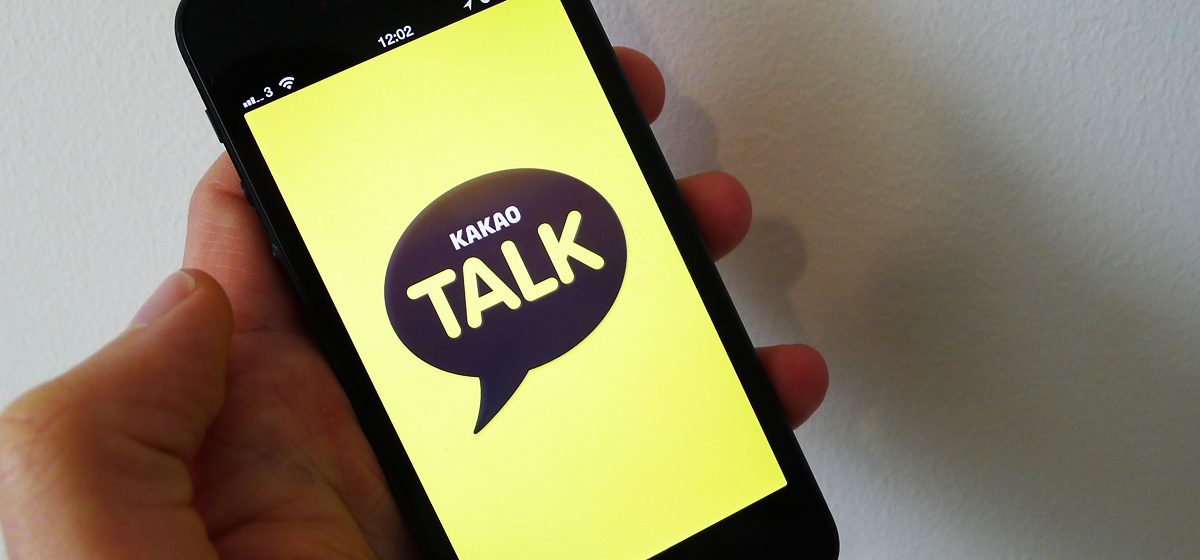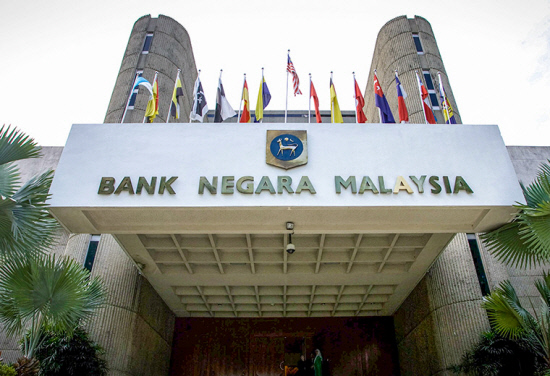South Korean Kakao Chat App To Launch Blockchain Unit

NEO Network Cripples Over Consensus Node Bug
March 5, 2018
Uber Co-founder and Expa Founder Garrett Camp To Launch His Cryptocurrency
March 6, 2018South Korea’s leading messaging app operator, Kakao Corp announced on Monday its plans to launch a unit that focuses on blockchain technology.
A domestic online news site, The Bell reported that some of the plans for the unit which is set to be launched this month include a potential known as reverse initial coin offering that enables any established firm to raise capital through offering cryptocurrency.
Kakao declined to comment on the report stating that FuturePlay Inc co-founder Han Jaesun is expected to lead the new unit. Jae-sun Han is the co-founder and chief development officer of tech startup incubator Future Play
The subsidiary which is named ‘Kakao Blockchain,’ is set to be officially announced on March 20 when the company will be outlining a solid business plan for the newly established blockchain unit.
In support of the introduction of this new unit, the firm is also given introducing an initial coin offering (ICO). While CIOs are not legal in South Korea, this would possibly happen in another country such as Hong Kong or Singapore.
The supposed “Kakao Coin” could then be used as a native currency on different Kakao-provided apps such as Kakao Driver, KakaoTalk, and Kakao Games.
Joseph Young, a Cointelegraph contributor, tweeted on March 5 that KakaoPay and KakaoTalk, which are both operated by Kakao, have a 90 percent penetration in messaging and fintech markets in South Korea. He also mentioned that several major media outlets had hinted Kakao’s plans to launch its cryptocurrency.
In January 2018, the crypto markets dropped severely due to rumors of an all-out cryptocurrency ban in South Korea. From that time the government announced in clarification that there was no planned or voluntary crypto ban.
In February 2018, a renowned messaging app Telegram listed in the British Virgin Islands stated that they had raised about $850 million from 81 investors in what was effectually a closed pre-sale of ICO.
For investors based in the US, Telegram filed an exception with US Securities and Exchange Commission (SEC) for their tokens didn’t have to be recorded as securities, and only professed and accredited investors could contribute.




